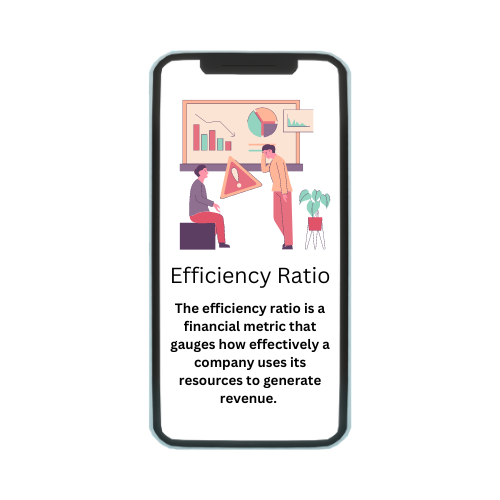Imports are constrained by tariffs. Simply expressed, they raise the cost of products and services bought from another nation, making them less alluring to domestic customers.
Understanding how a tariff impacts the exporting nation is crucial since consumers there may be less likely to buy imports as a result of the tariff’s price increase. The tax has, however, essentially increased the cost to the consumer in another country if the consumer chooses to purchase the imported good.
For a number of reasons, governments may apply tariffs:
Increase sales
safeguarding domestic industries
safeguarding home consumers
Protecting national interests can result in unforeseen consequences from tariffs.
By lowering competition, they can cause domestic industries to become less innovative and efficient.
They may harm domestic customers when prices rise as a result of a lack of competition.
By favouring some industries or geographical areas over others, they might cause strife.






